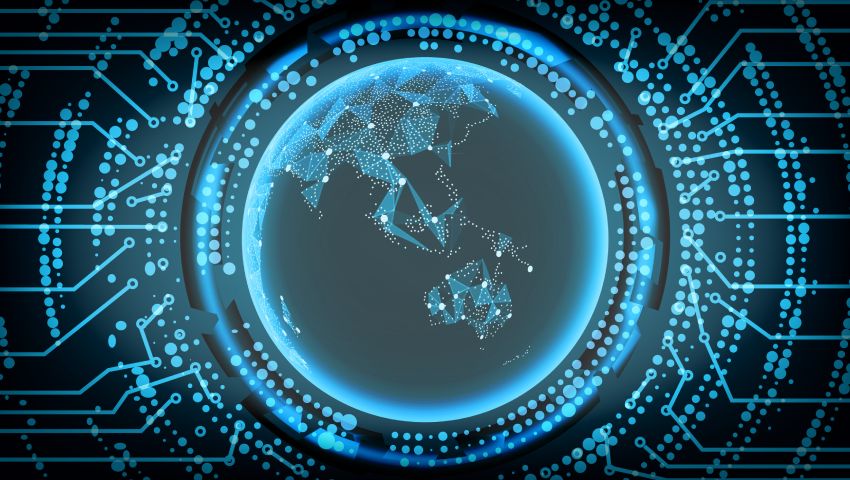A recent analysis has indicated that there’s still more work to do before autonomous vessels play a larger role in naval warfare, especially surrounding vessel maintenance, energy supplies and cyber warfare.
In January, Defence Connect published an Insights piece reporting on the difficulties behind automating maritime surface vessels .
Critically, findings from the United States Navy’s littoral combat ship (LCS) demonstrated that vessels with streamlined crews of 40 members had reduced the level of sea maintenance, which have in turn led to higher maintenance costs on land.
This consideration appears to just be the tip of the iceberg in maintaining an autonomous maritime fleet.
Jonathan Panter, PhD candidate at Columbia University and former surface warfare officer in the US Navy, and Jonathan Falcone, current surface warfare officer in the US Navy and chief engineer on board a US LCS, returned to War on the Rocks this week to shine a spotlight on the cyber and electrical vulnerabilities of automated systems – simply, naturally occurring symptoms of the human-out-of-the-loop model.
The analysis extrapolates previous assertions made by the pair, arguing that the absence of crew on board the ships to monitor and maintain systems at sea leaves autonomous vessels vulnerable.
“Uncrewed vessels will require computers and internal networks to control and monitor hull, mechanical, and electrical systems. Critically, these systems — especially those managing the electrical power generation and cooling — will themselves power the computers and networks monitoring them,” the pair argued in War on the Rocks.
“Without human operators to identify or fix potential points of failure early, small problems may compound, triggering feedback loops.”
Indeed, digitisation of the ship is necessary to monitor, detect and identify any failures in the ship’s processes. However, this digitisation in turn facilitates scalable cyber attacks, enabling a successful malicious penetration to spread further than in crewed systems.
“Once in, hackers can move laterally within the ship’s network, potentially disrupting navigation and engineering systems,” they suggest.
Further, the pair hypothesise that autonomous ships are likely to make themselves an easy target to foreign adversaries. This is because autonomous systems would require constant information relay with other ships and command centres, thus generating constant radio emissions.
“Combined with uncrewed vessels’ expected role as forward sensors, this will make them persistent radiofrequency emitters, exposing them and nearby units to enemy surveillance and targeting,” the pair note.
Nevertheless, autonomous systems at sea pose even more fundamental challenges to navies, with there being no seemingly obvious power source that is capable of sustaining the capability without the need for human intervention for long periods of time.
According to the pair, solar and wind are unable to power the system due to instability in energy sources (i.e. the sun doesn’t always shine, and the wind doesn’t always blow) while battery power still remains an insufficient method to buttress renewable energy sources. Meanwhile, gas and steam require too much human oversight.
According to the pair, this leaves diesel power. However, even diesel power may require daily monitoring.
Categorically though, the pair demonstrate that without human oversight – any malfunctioning part of the ship can have “cascading failures,” where a seemingly small failure or error in one part of the ship will have negative impacts on other parts downstream.
Such malfunctions can be unavoidable on the high seas, for now at least. Such mistakes require human operators to make adjustments to ensure the ongoing functioning of a ship.
“For instance, a cabinet’s cable connection or circuit card may jostle loose in rough seas. Without a watchstander available to reseat the network connection, control over basic engineering systems or the capacity for off-ship communication will degrade accordingly,” the pair contend.
The defence industry has developed fantastic and wonderful innovations, many of which have revolutionised the civilian world.
However, for the time being, there appear to be issues that still need to be ironed out before the West can field a navy of autonomous vehicles.
Get involved with the discussion and let us know your thoughts on Australia’s future role and position in the Indo-Pacific region and what you would like to see from Australia's political leaders in terms of partisan and bipartisan agenda setting in the comments section below, or get in touch with



